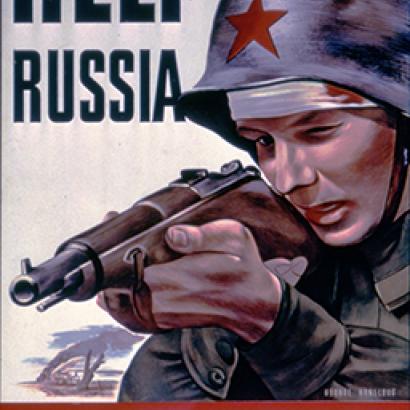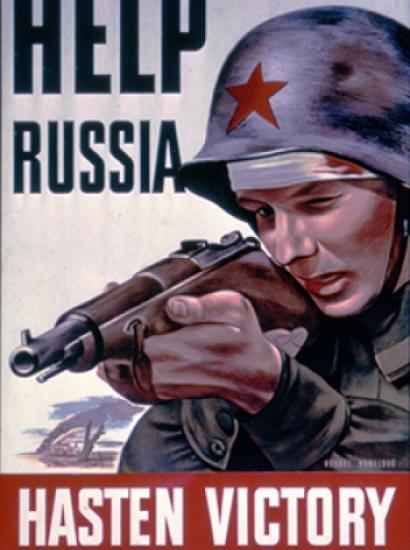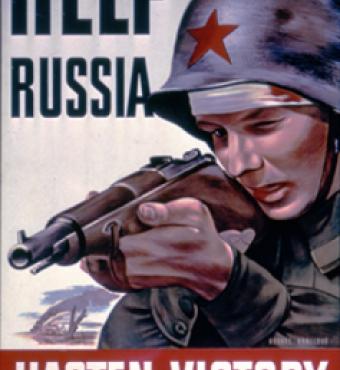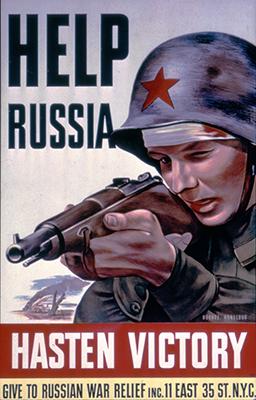- History
- Politics, Institutions, and Public Opinion
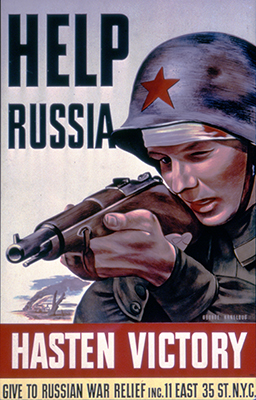
In late August 2016, I led a Congressional Delegation trip to Israel, Latvia, Poland, and Germany to gather information and build support for the POSTURE Act, a Bill to reverse the Obama administration’s drawdown of U.S. armed forces and deter further Russian aggression in eastern Europe. On day four of that trip we were in Latvia listening intently to Edgars Rinkevics, the Foreign Minister, explain his dismay with then-presidential candidate Donald Trump’s recent comments questioning the relevancy of NATO. He was concerned that his country may be next to face Russian aggression, potentially collateral damage in a U.S. shift to an “America First” grand strategy.
I was initially sympathetic to Rinkevics’ argument. After all, I previously spent over 29 years in the U.S. military, with my formative years in Europe during the Cold War. Indeed, my first assignment was in Berlin and I was at the Brandenburg Gate a witness to President Reagan’s iconic speech calling on Gorbachev to tear down the Berlin Wall. Reagan was my hero and I had no love for the Soviets and their way of life.
Today, Russia remains a real threat to Latvia, Europe, and the U.S. But that doesn’t mean we can’t, at once, deter Russian aggression while carving out space for constructive engagement based on verified behavior in pursuit of our mutual interests. We can do all that in a manner that is consistent with an “America First” approach.
To set the conditions for such actions on our terms, we should immediately take three steps.
First, as the Trump administration has done, and consistent with President Reagan’s “Peace through Strength” approach, we must strengthen deterrence. Russian President Vladimir Putin respects power and exploits weakness. Deterrence broadly comprises two factors—capability and will. We must build on the passage of the POSTURE Act and Trump’s recent actions to build-up the military. This includes fully restoring joint force readiness, modernizing the nuclear triad, and fielding improved national missile and cyber defenses.
Second, we must strengthen collective defense and enhance NATO unity with every nation complying with the stated goal of 2% of GDP dedicated to defense. We are making progress on that, and recent steps to reinforce the Baltics with Allied ground troops and to provide arms to non-NATO Ukraine are also movement in the right direction. These actions go beyond shoring up capability, they also display determined will, essential to credible deterrence.
Third, both the U.S. and Europe must take steps to strengthen their domestic economies and stabilize their debt crises. History is littered with great powers who crumbled under the weight of massive debt. We are not immune from such fate. Our energy revolution provides enormous opportunity here. We are in a strong position to export natural gas and oil to help Europe get off its dependency of Russian energy. This will strengthen our economy and help fill the treasury coffers with needed revenues. As we strengthen our economy, we must reduce overall federal spending and work our way back to a balanced budget. Our national security, indeed, our national survival demands it.
Taking these actions will ensure we approach Russia from a position of strength. Russia possesses a formidable nuclear stockpile and has a history of playing a significant role in world affairs. It is in our interests, Russia’s interests, and the world’s, for us to get along. Our agenda should be realistic and straightforward. I nominate several priorities.
First, we should work together to defeat Islamic extremism. Al-Qaeda and the Islamic State have designs of taking down all of civilization and replacing it with a Caliphate. It is in our mutual interests to work together to ensure they are defeated.
Second, working together we have a better chance of stabilizing the Middle East. We can help broker an interim peace agreement in Syria and foster a regional balance between Saudi Arabia and Iran which could set the conditions for broad-based regional economic development and constructive steps towards Arab-Israeli peace.
By working together to achieve these first two priorities, we will build the trust necessary for the third, and arguably boldest initiative—bringing Russia into friendship with the West, and possibly new legal arrangements—commercial, diplomatic, and security agreements.
All of this is predicated on American strength and Russian respect for that strength. We will not tolerate Russian cyber attacks on our institutions and our democracy. President Trump has clouded the issue by conflating Russian meddling in the 2016 election (which is an indisputable fact) with alleged collusion between his campaign and Russia. Putin has exploited Trump’s actions and continues his cyber offensive against us to this day. This weakens America and must stop.
By following this broad outline and insisting on verifiable actions, Putin will see the wisdom in changing course and working with the U.S. to achieve our mutual interests.







